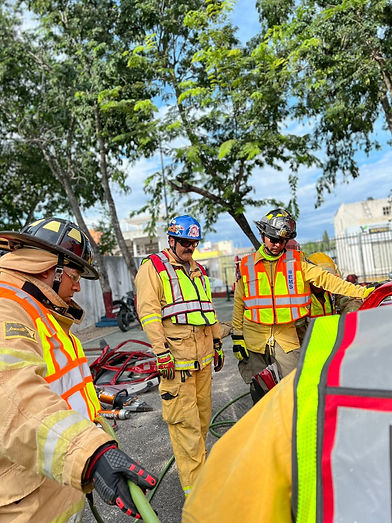



Hybrid and Electric Vehicle Safety for Tow and Recovery Operators

Electric vehicles (EVs) require special considerations when it comes to towing and recovery, due to their unique features like high-voltage systems and lithium-ion batteries. It's important for towing operators and recovery personnel to have thorough training in EV operations and understand the potential risks associated with these systems.
Before beginning any towing operations involving an EV, safety is crucial. The high-voltage and regenerative braking systems must be safely disconnected to prevent electrical hazards and damage to the vehicle's powertrain. Additionally, EVs should be towed in a way that prevents wheel rotation and ensures proper weight distribution.
If an EV is involved in a crash, there may be damage to the high-voltage electrical systems, which could cause thermal runaway in the lithium-ion battery pack and lead to a fire. Emergency and recovery personnel must be aware of this risk and have a comprehensive emergency response plan that includes procedures for deactivating the high-voltage systems and addressing battery-related fires. They should also know how to coordinate with emergency responders when necessary.
Since technology is constantly evolving, both in EV design and safety protocols, Volta Extrication is committed to staying current with the latest guidelines and recommendations for managing EVs in towing and recovery situations.
It's crucial to recognize that EVs have unique characteristics that require careful handling to ensure the safety of both the vehicle and the operators involved. Safety should always be the top priority, and established procedures should be strictly followed when towing and recovering electric vehicles.
1. Introduction to Hybrid and Electric Vehicle Technology
2. Challenges
3. Hazard Assessment
4. Risk Analysis
5. Towing & Transportation
6. Secondary Incidents and Storage